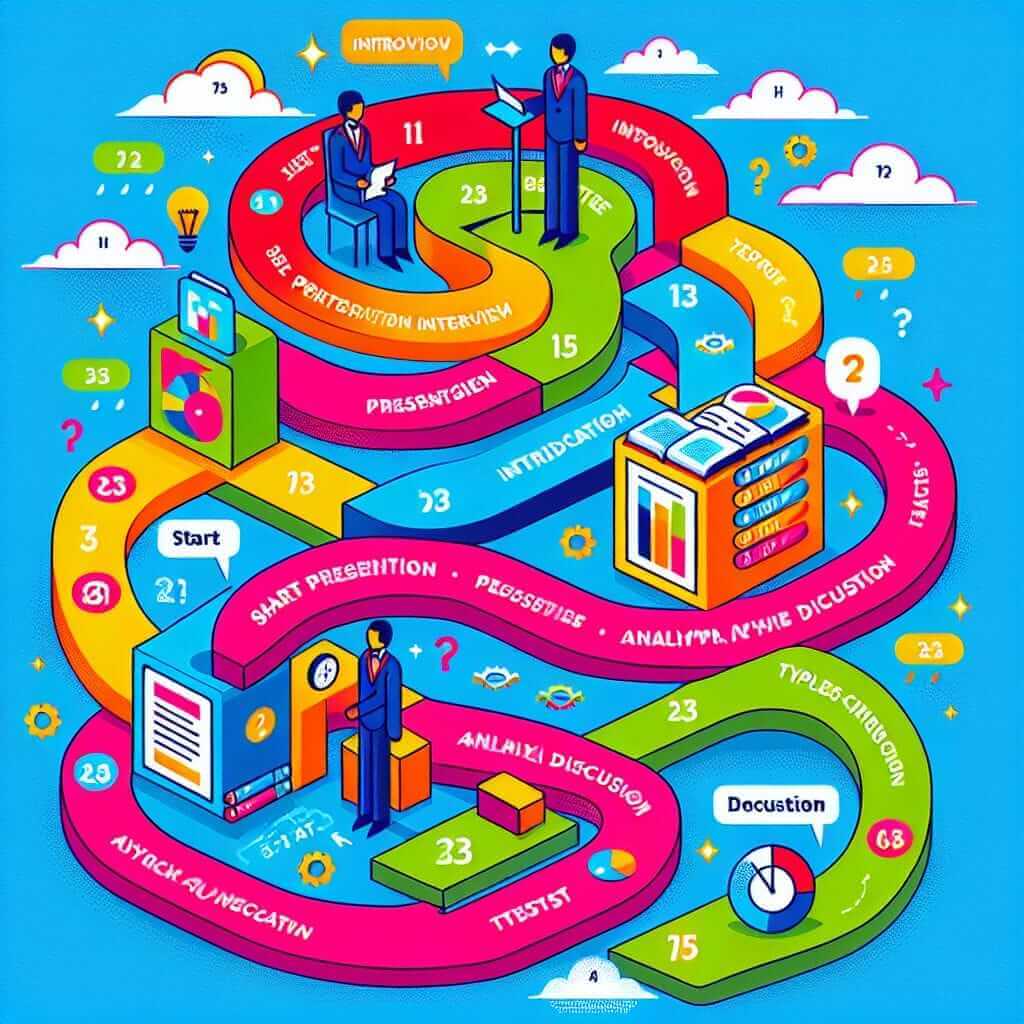As an IELTS instructor with over two decades of experience, I often encounter students who feel apprehensive about discussing negative emotions like unhappiness in the Speaking test. They worry about sounding pessimistic or deviating from the examiner’s expectations. However, it’s crucial to remember that IELTS assesses your ability to communicate effectively on a range of topics, including those with emotional depth. This article will equip you with the vocabulary and strategies to confidently and articulately express unhappiness in the IELTS Speaking test.
Table Of Contents
Understanding the Significance of “Unhappiness” in IELTS
The IELTS Speaking test evaluates your capacity to express and justify your opinions, experiences, and feelings. The topic of unhappiness, while seemingly negative, can showcase your linguistic versatility and maturity in handling nuanced emotions. It allows you to demonstrate:
- A wide range of vocabulary: Using synonyms like “dissatisfied,” “discontent,” “dejected,” or “downcast” instead of repeatedly using “unhappy” displays lexical resourcefulness.
- Ability to provide reasons and examples: Explaining why something makes you unhappy and providing concrete examples demonstrates your fluency and coherence.
- Awareness of cultural sensitivities: Acknowledging that causes of unhappiness can vary across cultures showcases your intercultural understanding.

Navigating “Unhappiness” in the IELTS Speaking Test
Here’s a breakdown of how you can effectively discuss unhappiness in different sections of the Speaking test:
Part 1: Keeping it Personal
In Part 1, questions about unhappiness will likely be personal and related to your daily life. For instance:
Examiner: What kinds of things make you feel unhappy?
You: Well, I wouldn’t say I’m easily disheartened, but one thing that tends to dampen my spirits is feeling overwhelmed with work. When I have a mountain of deadlines looming, it’s hard to feel anything but stressed.
Notice how this response:
- Uses a synonym: “Disheartened” instead of “unhappy.”
- Provides a specific example: Feeling overwhelmed with work.
- Offers a balanced perspective: Acknowledging it’s not a constant feeling.
Part 2: Crafting a Narrative
Part 2 might require you to describe a time you felt unhappy. Here’s where storytelling skills come into play. For example:
Cue Card: Describe a time when you felt unhappy. You should say:
- When it was
- What happened
- How you felt
- And explain why you felt that way.
Response: One particular instance of unhappiness that springs to mind was when I had to move away from my hometown for university. While I was excited about embarking on a new chapter, the reality of leaving my friends and family behind hit me hard. I felt a profound sense of loneliness and displacement during those first few weeks. Everything was unfamiliar – my surroundings, my routine, even the food. It took a while to adjust and find my footing in this new environment.
This response:
- Sets the scene: Provides context by mentioning moving for university.
- Uses descriptive language: “Profound sense of loneliness,” “displacement,” “unfamiliar.”
- Explains the reasons: Leaving loved ones and adjusting to a new environment.
Part 3: Broadening the Discussion
In Part 3, be ready to discuss unhappiness on a societal level.
Examiner: Do you think people are generally happy or unhappy these days?
You: That’s a complex question, but I’d say that while we live in a time of unprecedented progress, there seems to be a paradoxical rise in unhappiness. Factors like social isolation due to technology, pressure to succeed in a highly competitive world, and economic disparities all contribute to this trend.
This response:
- Acknowledges complexity: Recognizes that happiness is subjective and multifaceted.
- Provides a balanced perspective: Highlights both positive and negative aspects.
- Offers plausible reasons: Social isolation, pressure, and economic disparities.
Tips for Success
- Expand your vocabulary: Make a list of synonyms for “unhappy” and practice using them naturally in sentences.
- Draw from personal experiences: Authentic examples will make your responses more engaging and convincing.
- Maintain a positive outlook: While discussing unhappiness, conclude by highlighting coping mechanisms or expressing hope for the future.
Remember, the IELTS Speaking test is about demonstrating your communication skills. By approaching the topic of unhappiness with confidence and clarity, you can effectively showcase your linguistic prowess and achieve your desired band score.